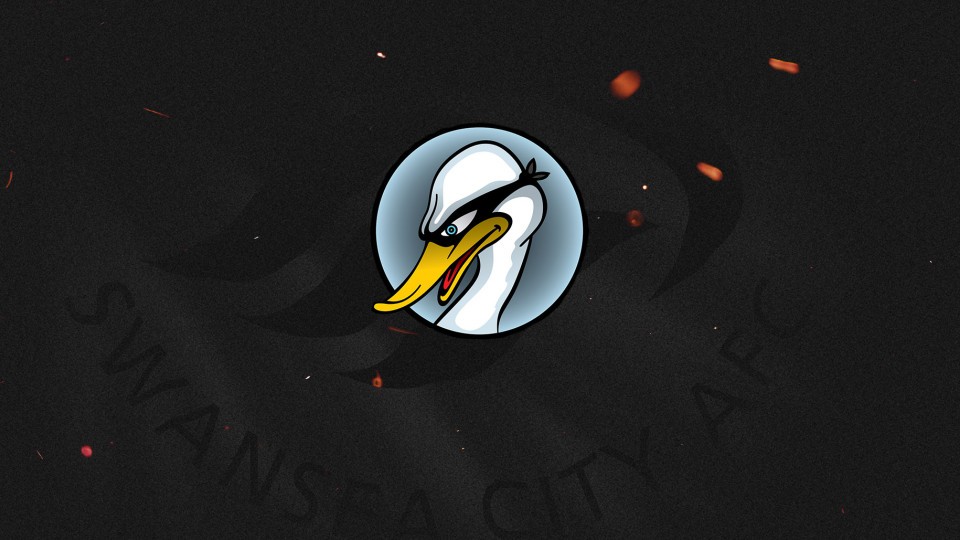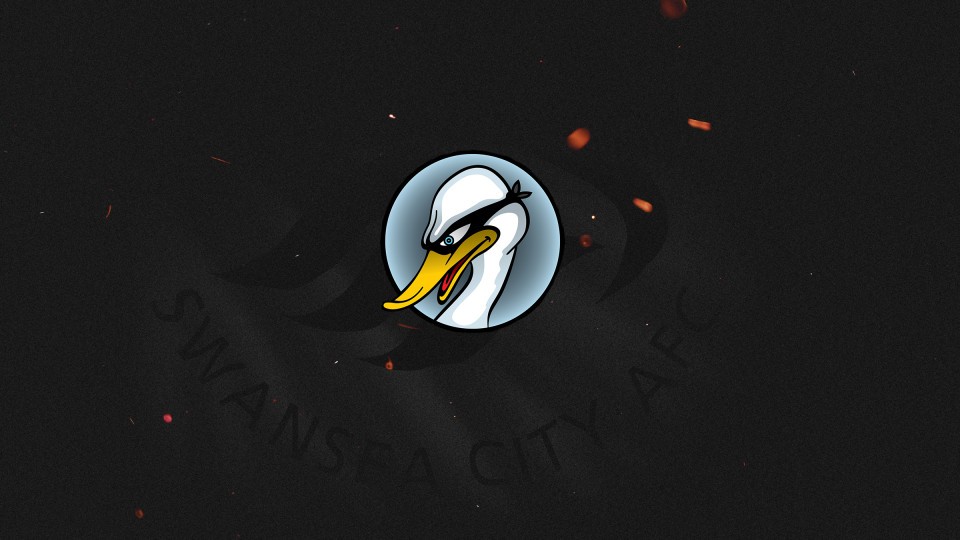Jack the Lad: Remembering fallen stars
Ahead of Remembrance Sunday, loyal Swans fan and website columnist Jack the Lad remembers the Swans who were killed in the First World War.
Football matches are often described as battles.
One infamous World Cup match, between Chile and Italy, actually became known as the ‘Battle of Santiago’.
The Daily Mirror's match report said: "The pitch quickly became a battlefield…"
Other reports used words like ‘warfare’ and ‘bloodbath’ to describe the game, while another said: "Players were compelled to leap away from the ball to survive. Football was forgotten as players sought to destroy each other.”
Now there's no doubt the ‘Battle of Santiago’ was a feisty encounter.
The first foul was committed after 12 seconds and the first of two dismissals came after four minutes!
As well as all your usual foul play, there was spitting, punching and the police had to intervene on the pitch a total of four times.
But warfare? Not really.
Especially when you consider the anniversary being marked the day after this weekend's match between Bolton Wanderers and the Swans.
This Sunday marks 100 years since the end of the First World War, a conflict which saw clubs the length and breadth of the land lose players on battlefields which were only too real.
When the Football League was suspended at the end of the 1914-15 season hundreds of footballers set off from these shores to fight for King and Country. Some had already signed up before the official suspension of football.
Many were never to play the game again. Some paid the ultimate price, including three players from the Swans and two from Wanderers.
The Swans trio included Joseph Bullock, who captained the Swans to their famous FA Cup win over English champions Blackburn Rovers when they were still in the second division of the Southern League.
However, less than a year after that historic win, in December 1915, Bullock was joining up with the Welch Regiment.
The defender died on April 20, 1918, of head injuries sustained at the Fourth Battle of Ypres, Flanders. He was 38 years old.
Swans left-back Edward Mitchell had been shipped back to the UK in the summer of 1915 after suffering a bullet wound.
Back in Wales, he married in Llandeilo, on July 22, 1915, before returning to the front where he was killed in action on January 6, 1916.
The third Swans player to lose his life during the ‘war to end all wars’ was Spencer Bassett, who had played for Arsenal and Exeter City before joining the Swans for the 1913-14 season.
On April 11, 1917, the acting bombardier with the 140th Siege Battery died from wounds suffered in the Battle of Arras. He was 32.
The Trotters players who lost their lives during the First World War were William Wallace, of the Royal Engineers, and Herbert Bithell.
Bolton-born Bithell died while serving with the 15th (Service) Battalion (Carmarthenshire) of the Welsh Regiment.
When you consider what those players must have faced during the Great War, nothing they encountered on the football field can have been remotely comparable.
We're all sometimes guilty of describing matches as battles, midfielders as being combative and defensive rearguards being Alamo-like.
But in truth, no matter how competitive football gets, it's still just a game to be enjoyed, whether you win or lose.
Hopefully this weekend's matches will be anything but battle-like and will serve as fitting tributes to all those players who lost their lives during the First World War and all subsequent conflicts.
C'mon you Swans!

